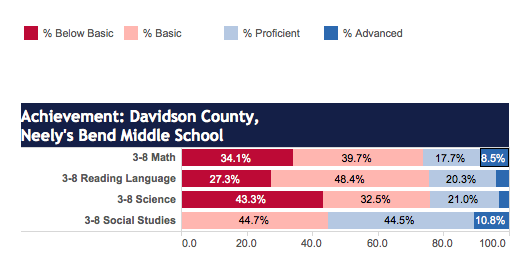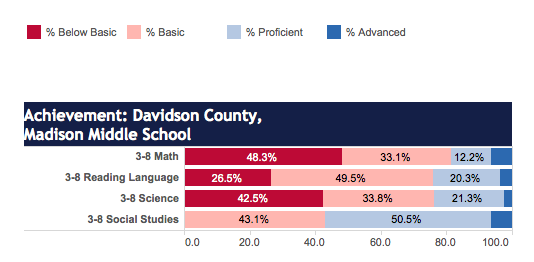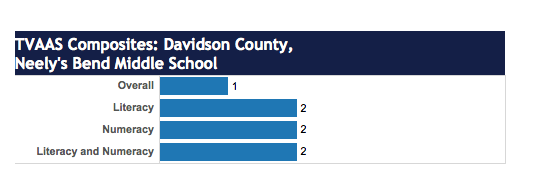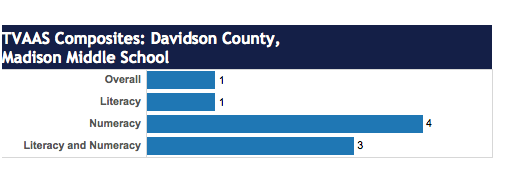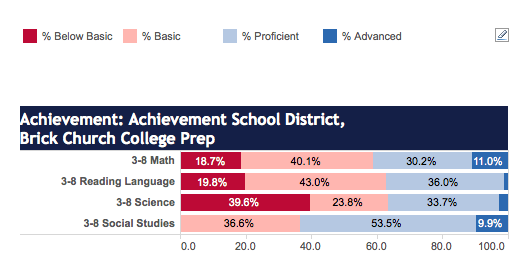TC Weber offers his take on what’s happening in Williamson County.
Essentially, he’s concerned that parent groups are coming under political fire when they enter the education policy debate. Here are some highlights:
The fine:
The Registry of Election Finance voted to fine Williamson Strong a total of 5K for failure to register as a PAC and failure to file campaign expenditures. That’s right – an organization that doesn’t have a treasurer nor a fundraising mechanism was fined for not declaring themselves a PAC. Either they are the worst PAC ever or there is something a little skewered here.
The Bottom Line:
This past week, I’ve spent a fair amount of time talking to people in Williamson County about these events. What emerges is a convoluted picture that seems to have as much to do with past politics as it does with the current issues. Much of it also seems to be tied to personalities as much as policies. That should not be a surprise to anyone who has been involved with politics. It would take King Solomon to weed through all that has transpired and assign accountability. That’s a task well above my pay grade and not really the point I’m looking to make.
What is important here is to recognize and possibly prevent the use of personal issues to circumvent the democratic process. Parents should absolutely have the right to band together and champion issues they deem important. They should have the right to educate the public without fear of retribution. I obviously don’t endorse slander, but politicians should understand that reaping the benefits of certain entities also means suffering the disadvantages. To argue that there are not outside forces seeking to influence our democratic society through their financial injection, on both sides of the aisle, is either naïve or willfully ignorant.
Parents should not have to go through a cryptic bureaucracy to get involved in policy making that directly affects their children, unless they are actively raising money and financially supporting candidates at a reasonable threshold.
TC’s entire post offers lots of detail about what happened, when it happened, and what it could mean for other grassroots groups. It’s worth a read.
For more on education politics and policy in Tennessee, follow @TNEdReport
